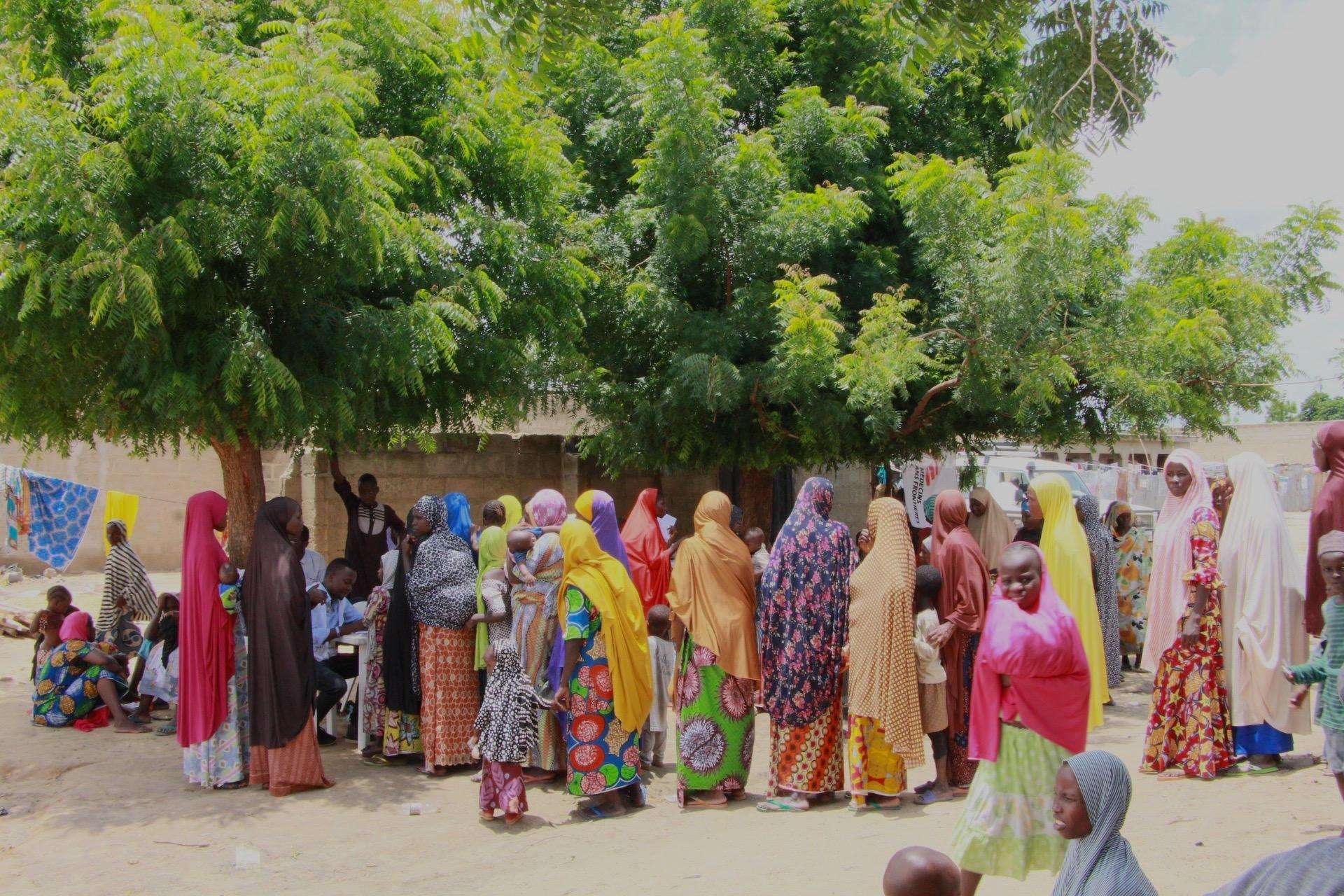The conflict in northeast Nigeria demands a massive and sustained humanitarian response. A decade of conflict has disrupted the lives of millions of people across Borno, Adamawa, and Yobe states—almost to the point where violence, abuse, and deprivation are becoming normalized. Doctors Without Borders/Médecins Sans Frontières (MSF) remains committed to providing high-quality medical assistance to the people of northeast Nigeria and stresses that aid must be delivered impartially and neutrally to all in need, in line with international humanitarian law.
Today, the people of northeast Nigeria—and the humanitarian organizations seeking to care for them—need more support than ever. We must urgently and collectively reassert the fundamentals of humanitarian action, and protect the right of any individual in need to receive assistance.
Now is not the time to question lifesaving assistance
Following the statement issued today by the United Nations Under-Secretary-General for Humanitarian Affairs, MSF stresses that in times of conflict, humanitarian aid must be able to play its role in an independent, neutral, and impartial manner. Not only does this guarantee the quality of assistance, it also protects frontline workers. These principles must be respected by all parties to the conflict, the Nigerian authorities, United Nations representatives and agencies, and international nongovernmental organizations working in the northeast.
Serious medical needs remain widespread in northeast Nigeria, while essential items and clean drinking water are scarce. In the first half of 2019 alone, our teams admitted more than 15,000 patients on an emergency basis, treated over 8,000 patients for malaria, ensured 2,446 safe deliveries, and vaccinated 9,117 people against measles.
Humanitarians, by definition, strive to reach the most vulnerable people in need. However, today, we are only able to reach a fraction of the population in northeast Nigeria. Nearly one million people remain in areas with no access to much-needed assistance due to ongoing hostilities, impassable roads, or restrictions on the movement of people, aid, and goods.

Many depend on humanitarian aid for survival
Inside government-controlled areas, hundreds of thousands of vulnerable people are entirely dependent on humanitarian aid for survival. Disruptions of humanitarian assistance, including food aid, have life-threatening consequences—particularly for the most vulnerable. This, along with continued insecurity in the area that prevents people from farming or fishing, risks creating another nutrition crisis.
Even as people continue to bear the brunt of the decade-long conflict, aid organizations face limitations in caring for them. Humanitarian aid has been repeatedly targeted throughout the conflict—with aid workers killed and, most recently, the forced suspensions of vital assistance amid spurious accusations of nongovernmental organizations furthering the conflict.
Since the conflict in northeast Nigeria began in 2009, approximately 35,000 people have been killed, while 1.8 million people have been displaced from their homes and a further 230,000 people have fled to neighboring Chad, Cameroon, and Niger. MSF has worked continuously in Nigeria since 1996 and in northeast Nigeria since 2014 and will continue to provide lifesaving medical care for those in need, irrespective of race, religion, creed, or political convictions.




